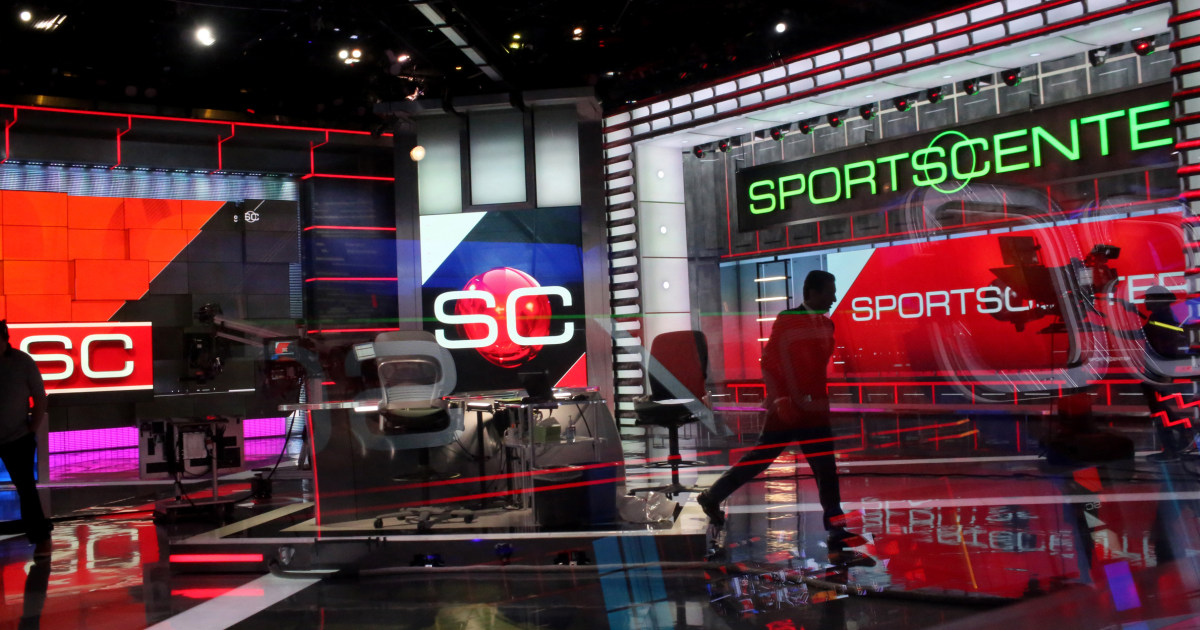Channels used to have a niche. Now only Food Network/Cooking (kind of), Cartoon Network, ESPN, Comedy Central, and TCM remain in that niche. The History, Science, and Arts channels don't exist anymore. Anyone remember what TLC / Bravo used to be like? I think I might reuse that line in another thread.
So now it is repetitive programming, typically cheap realty stuff that apparently enough people in certain demographics liked.
Fiber optics, DVR, corporate conglomeration, and sports killed cable/sat. You can stream all of Adventure Time on demand after buying the whole series on sale for $20. The access to media on the Internet is science fiction crazy. I remember a Qwest commercial around 2000/01 talking about being able to watch any movie ever made whenever you wanted. Not quite there, but the general concept was achieved. DVRs likely crushed ad rates. Companies buying up all the channels so they could leverage higher rates and coverage kicked up the bill. And sports got really expensive because... it is the only thing that people HAVE to watch live, for the most part.
So ESPN didn't kill cable/sat, but they had a hand in it.





